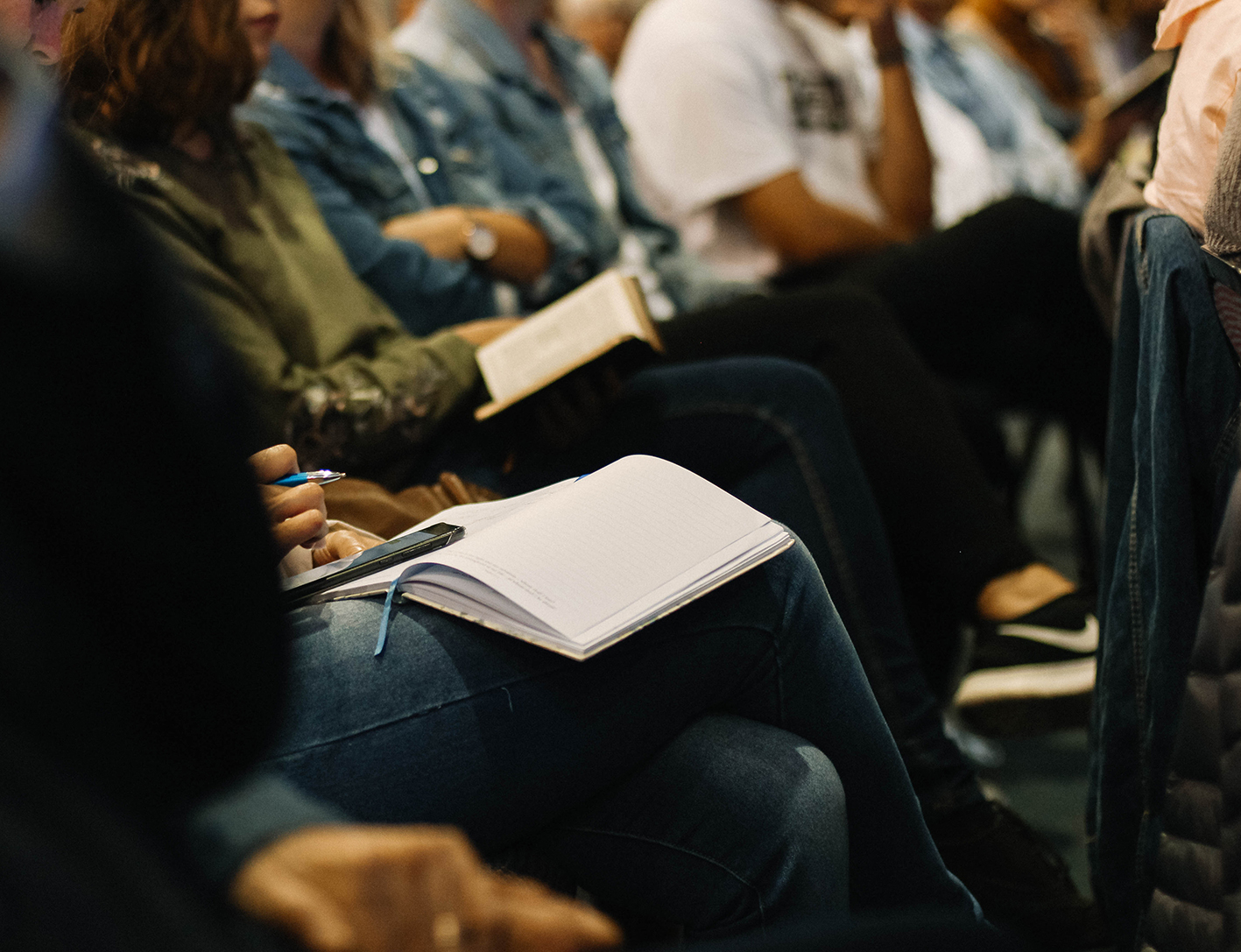History and Memory in Russia and Germany Today
“Memorial” was founded in 1988 as the first non-governmental organization of the Soviet Union and is committed to the enlightenment of Soviet repression and the protection of human rights in today’s Russia. These include oral history projects as well as a national student competition “The Human in History. Russia in the 20th Century”, together with the German Körber Foundation. The numerous submissions of the 15-17 year-olds did not focus on heroes, but on simple people, family members. They form their own impressions of their past, search for traces, hold conversations with contemporary witnesses. Thus they deal with the unknown and repressed side of Russian history.
In October 2016, Memorial was placed on the list of “foreign agents” by the Russian Ministry of Justice – the tip of the iceberg for all the disabilities and harassment that have been inflicted on the human rights organisation for years. In October 2019, fines were imposed again.
What are the memory strategies and public spaces for this grassroots work in Russia today? Which spaces and themes are current in Germany, and how do we continue to work together with Russian organisations?
Boris Belenkin, born in Moscow in 1953. 1990 Founding member of Memorial, historian and librarian at Memorial until today. Is a member of the International Memorial Board, which decides on the orientation of the organization.
Corinna Jentzsch, long-standing staff member of the Foundation Remembrance, Responsibility and Future (EVZ), since 2018 project coordinator for the area “critical examination of history”, previously programme director of the youth exchange programme “Europeans for Peace”, cultural scientist.
Gabriele Woidelko, Head of History and Politics at the Körber Foundation, from 2016-2018 there Head of the focus topic “Russia in Europe”.
Moderation:
Cornelia Reichel Cornelia Reichel studied languages, economics and culture at the University of Passau and Eastern Europe at the Ludwig-Maximilians-University of Munich, specialising in politics and history. Among other things, she worked in Ulyanovsk from 2013 to 2015 and conducted the German-Polish-Russian forum “Wandel in Erinnerung” (Change in Memory). In 2018 she organized the first German-Russian demoSlam.


